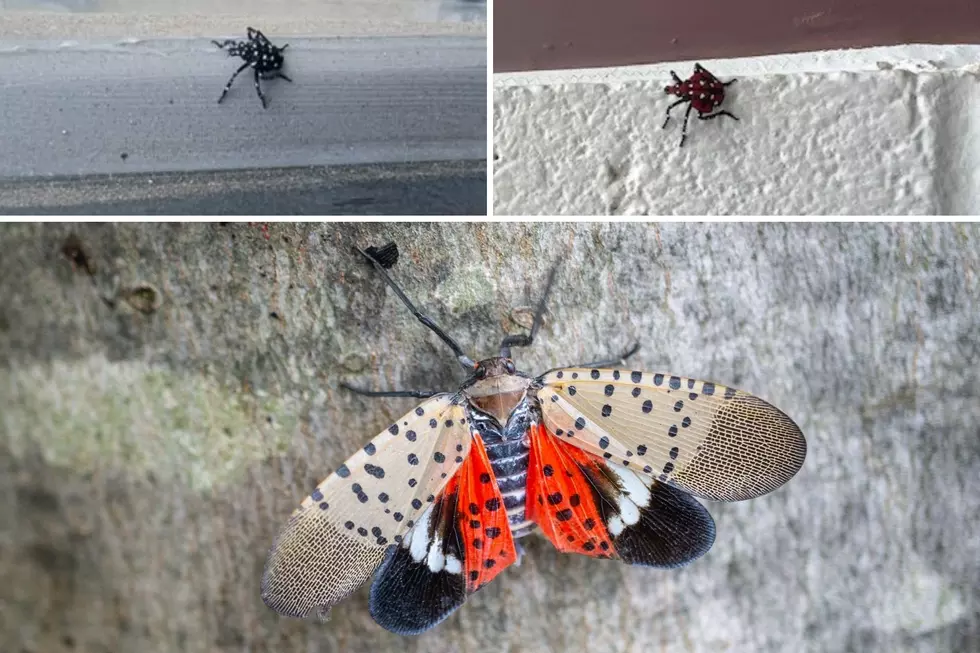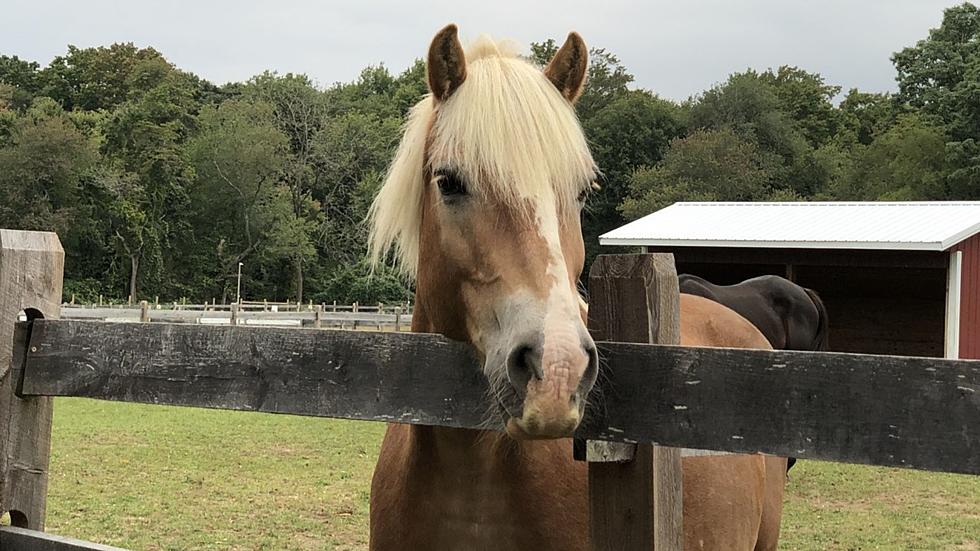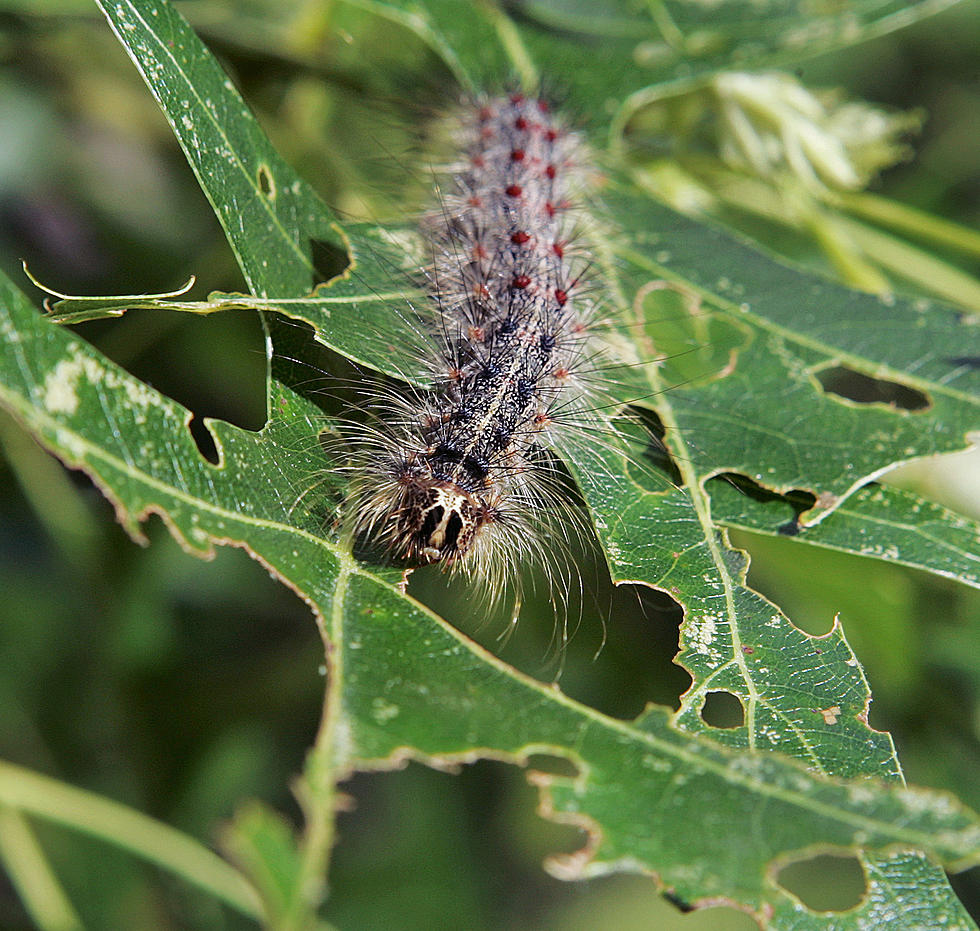
They’re back — spotted lanternfly in nymphal stage throughout NJ
Infestations of the spotted lanternfly have been registered in nearly every New Jersey county leading up to this year.
The invasive species from Asia has begun its 2022 life cycle in the Garden State. For now, they don't have the ability to fly. So you may be in the best position to squash the bugs and reduce the population (yes, officials and experts are asking you to kill these pests).
The hundreds of millions of eggs laid last year have been hatching, and now they're working towards growing into the winged majestic creatures many New Jerseyans have become all too familiar with over the past few years.
Still in a nymphal stage this time of year, looking like a black, engorged tick with white dots, they may not be so easy to spot. But they don't yet have wings, only the ability to hop.
"They're kind of a captive audience," said Joe Zoltowski, director of the division of plant industry within the New Jersey Department of Agriculture. "You stand a better chance of getting more population reduction because they don't have that opportunity to go fly away."
Soon, they'll transform into the next nymphal stage, red and a bit larger with black stripes and white dots, but still no ability to fly.
They'll start swarming the state as true spotted lanternflies in July, and will fade towards the end of the calendar year, but not before laying another round of eggs to start the cycle all over again.
"There's a lot of treatment going on behind the scenes that people don't see," Zoltowski said.
As of February 2022, a spotted laternfly infestation had been recorded in every New Jersey county except Cape May.
Thirteen counties — Burlington, Camden, Essex, Gloucester, Hunterdon, Mercer, Middlesex, Monmouth, Morris, Salem, Somerset, Union, and Warren — remain part of the state's "quarantine zone" for spotted lanternflies.
Residents in the zone are required to use a checklist before moving any of the articles listed here. The list features dozens of items, including bicycles, campers, firewood, fencing, lawnmowers, and sandboxes.
In addition, residents in the zone are asked to check their vehicles before leaving the zone, "as the spotted lanternfly has the ability to hitchhike on any vehicle for several miles."
Zoltowski noted the bugs are solid hitchhikers even in the nymphal stage.
Dino Flammia is a reporter for New Jersey 101.5. You can reach him at dino.flammia@townsquaremedia.com
Click here to contact an editor about feedback or a correction for this story.
NJ beach tags guide for summer 2022
See the Must-Drive Roads in Every State
More From Beach Radio










